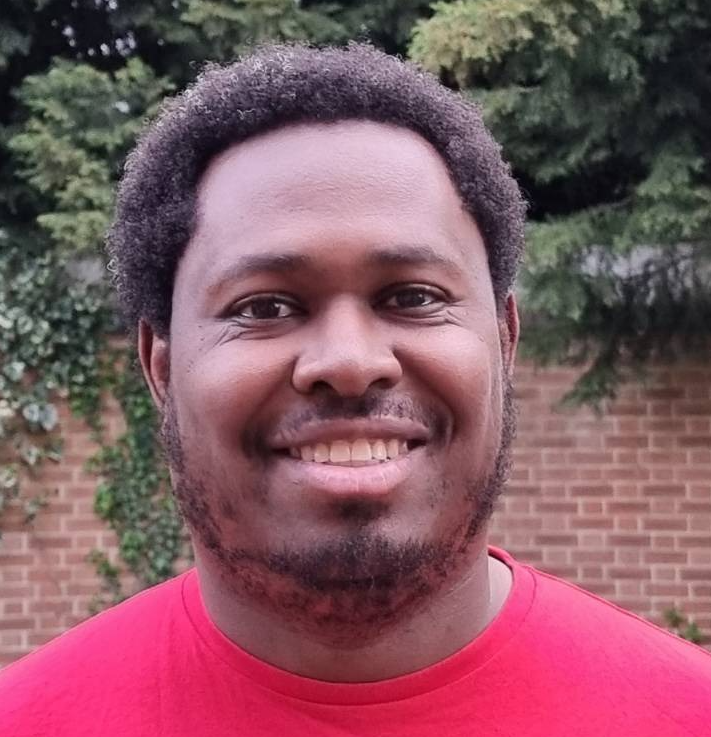Later this year will be my 20 year testing anniversary.
In that time I've tested video games, websites, formula 1 cars (kinda!), medical devices and a whole bunch of other stuff besides. A lot has changed in software testing in that time.
"Quality Coach" wasn't a thing in software testing when I started out. As I reflect on what draws me to coaching a few things leap out. In no particular order, here they are!
That's interesting! What's going on here?
I work with start-ups & scale-ups when they need help with testing. Typically I'll hear things like
Testing is taking too long
We're finding too many bugs
The testers don't understand the product well enough
The best testing people I know get very curious in that situation and immediately start probing to understand what's going on and its significance. Like a plumber investigating a leak, is testing the source of the problem or the first place it manifests?
Similarly, the first steps in a coaching session are pretty similar. Whether it's the Egan 3 stage model (Explore the situation), the GROW model (Goal, Reality, Options) or ORSC (The Third Entity), the first thing we do is help the coachee or team understand where they're at now.
Open vs closed questions
At some point when we test, we want to interact with our product. When we do this we're typically interested in two kinds of behaviour - predictable and emergent.
Confirming our predictions is best done with tests that evaluate to a yes/no, true/false/, pass/fail result. "Yes our prediction about X was true" or "No our prediction about X was false".
Investigating emergent behaviour isn't as easy to predict ahead of time. Therefore, the best way to reveal that is via exploration. "We need to see what happens when we do X" or "What are the consequences for Y if X happens?" which doesn't evaluate a pass/fail result.
In coaching sessions, we do the same thing. We use open questions that are difficult to answer with a "yes/no". For example.
What assumptions are you making?
How would you like things to be different?
Where does this impact the most?
As opposed to closed questions like:
Is that the right assumption?
Can you see things changing?
Are you sure that's the biggest impact?
Developing insight is key
When I test, I'm gaining insight to share with stakeholders. They typically want to know if we can ship or want the ability to choose wisely. If my team or stakeholders use that information to move forward, I've nailed it.
Similarly, the goal during a coaching session is to explore and develop insight. This time, however, it's not for my benefit at all!!! Only the person being coached can determine if they developed a key insight and if it was useful.
As you can see, there are quite a few similarities between quality and coaching mindsets!
